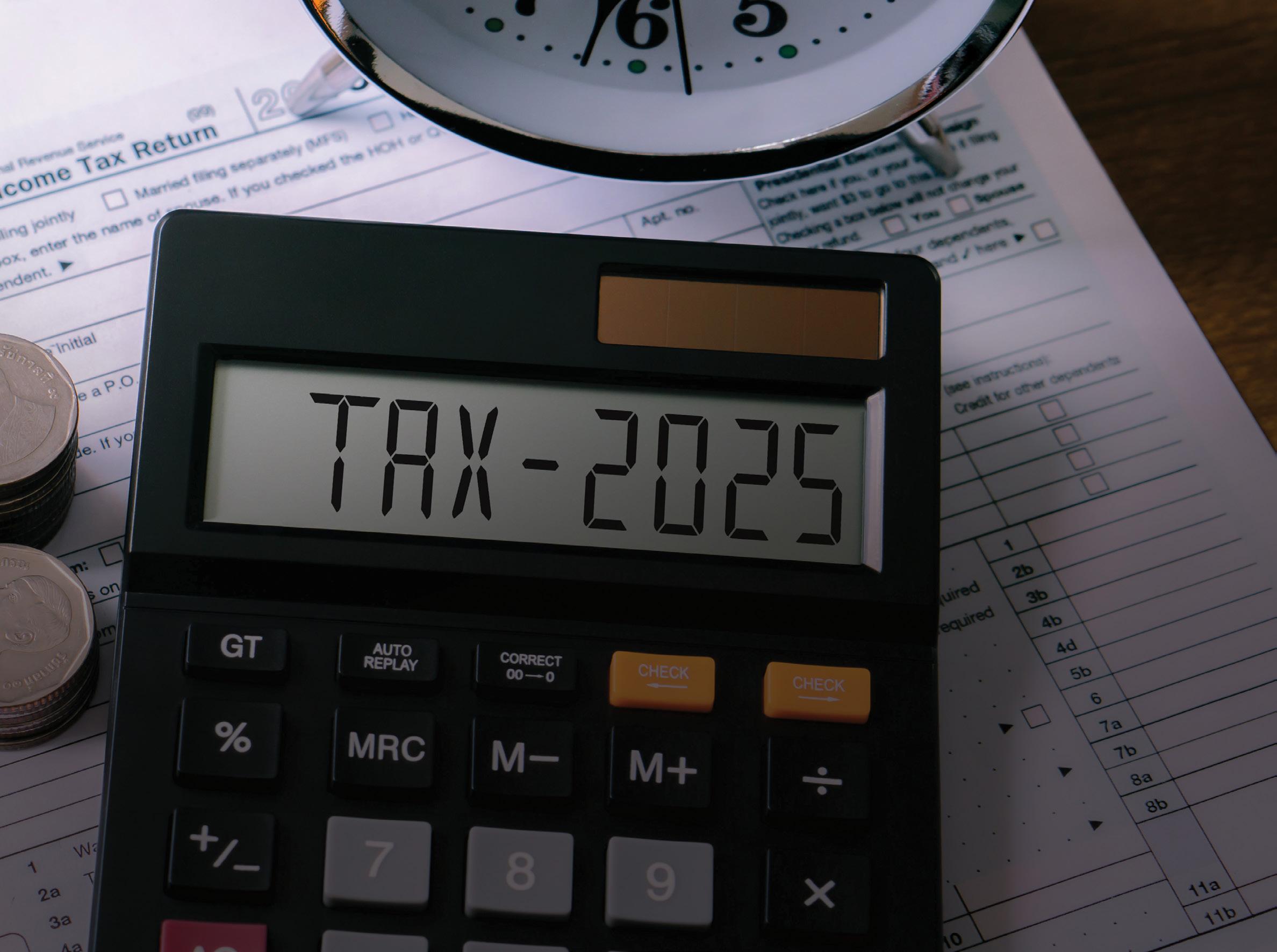
3 minute read
Mining taxes, know the basics
The tax rate applicable to the taxable income of mining entities is 37.5%, and for diamond mining, it is 55%.
In addition, mining royalties are payable, calculated using the market value of the minerals extracted by the license holders.
The tax treatment of subcontractors is subject to normal tax rules in Namibia. Care should, however, be taken when a person is rendering services directly in connection with mining on behalf of a person who has a mining licence. The mining tax rates may also apply to such activities.
Tax losses can be carried forward for a maximum of 10 years.
Exploration and development expenditure
For tax purposes, all exploration and development expenditure is deferred. Only when production starts, the accumulated exploration expenditures are deductible in full in the first year of production. The development expenditure is deductible in three equal annual allowances.
Other pitfalls
Mining companies cannot deduct the provision they make for future rehabilitation costs. A tax deduction can be claimed for rehabilitation costs only where it takes place during the normal mining operations, so careful planning is required around this process.
Some surface mining operations may find it necessary to remove mine waste materials in order to gain access to mineral ore deposits (This activity is known as ‘stripping’). These costs can be recognised as an asset from an accounting point of view. For tax, however, these are costs incurred as part of the mining activity, and the amounts should be deducted for tax in the year in which the costs are incurred.
Disposal of mining licence/rights
Namibian tax legislation contains a specific inclusion for the sale, donation, expropriation, cession, grant or other alienation
or transfer of ownership of a mineral licence, or right to mine minerals and the direct or indirect sale of shares in a company that owns such a licence/right. The only costs that can be deducted against the proceeds are the acquisition cost of the licence/right. Such costs cannot create a loss for tax purposes. Unfortunately, no provision is being made for the deduction of historical exploration and development costs.
It should therefore be understood that the indirect disposal of shares in a company that owns a licence/right also attracts income tax (even if shares are sold at a holding company level). Under the double tax agreements concluded by Namibia, it may be possible to obtain relief on the sale of shares regarding these transactions.
Interest limitation
Interest paid to connected persons (local and cross-border) is limited to 30% of EBITDA. Any excess interest that cannot be deducted in the current year may be carried forward to the next year and treated as being incurred in that year, but can only be carried forward for a maximum of 10 years.
Transfer pricing
Transfer pricing has been part of Namibian legislation since 2005 and applies to cross-border transactions between related/connected persons. Transfer pricing intends to ensure that group charges are not recovered from Namibian taxpayers at excessive prices and thereby reduce the tax payable in Namibia by shifting profits to lower tax jurisdictions.
Johan Nel Director, Namibian Tax










